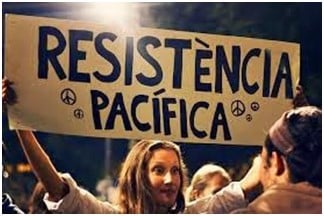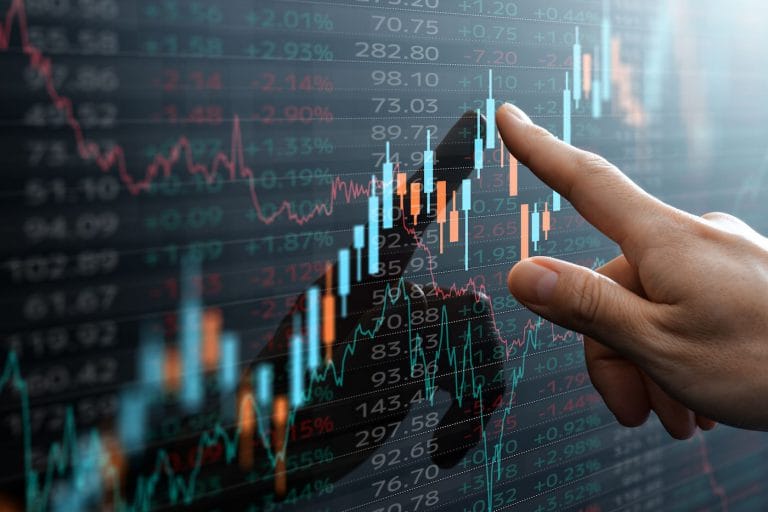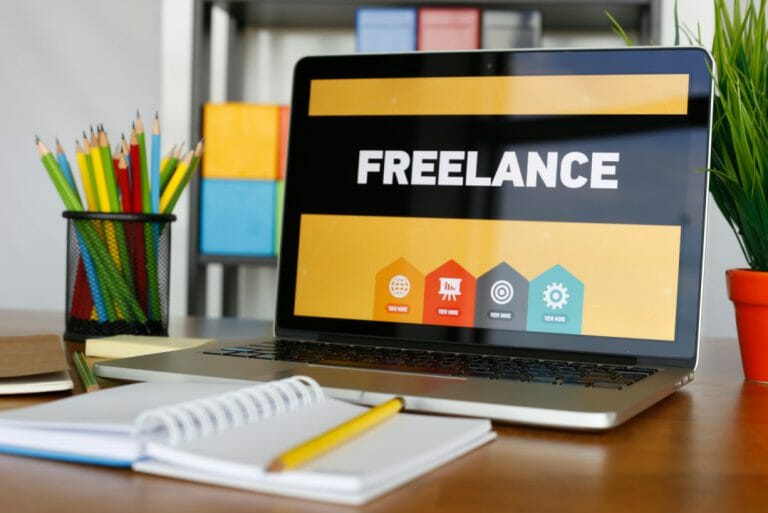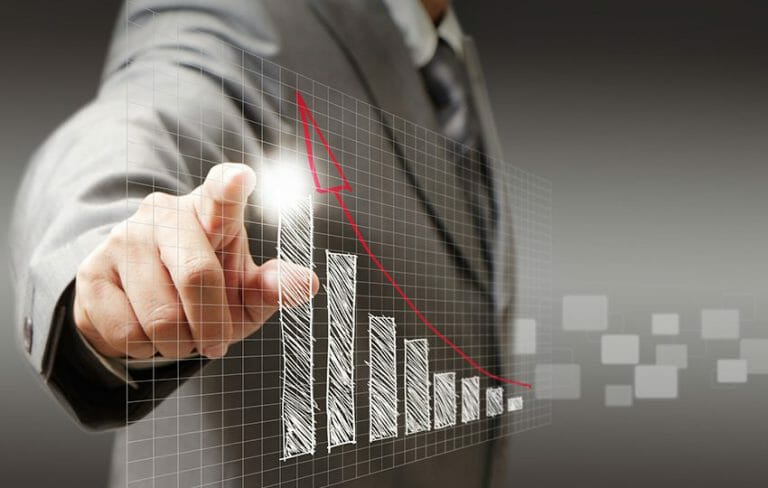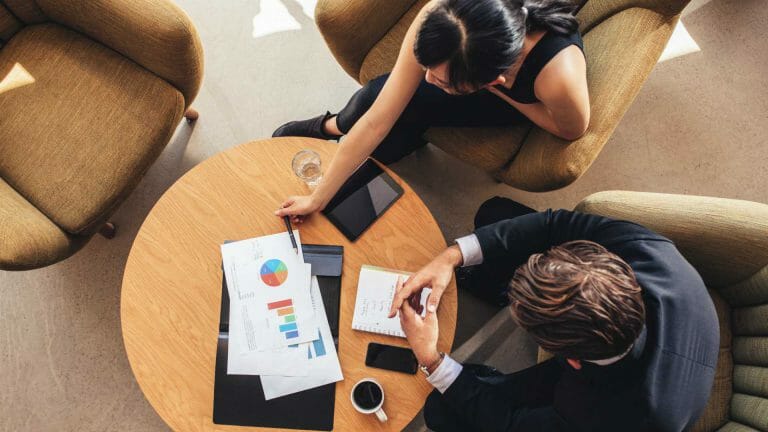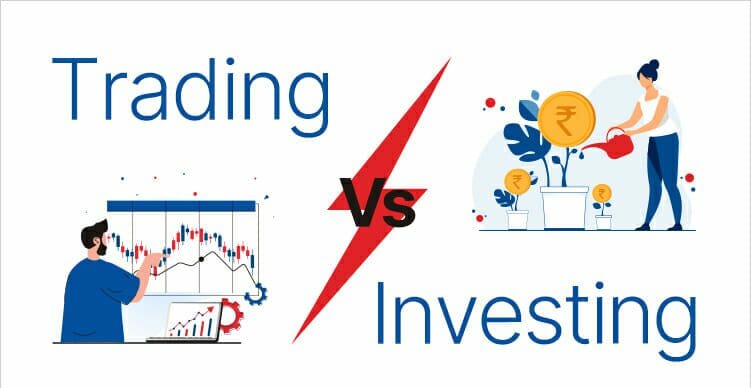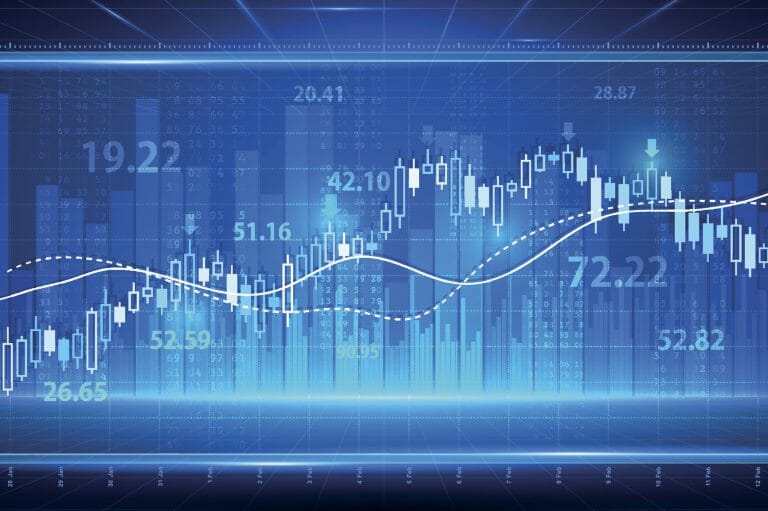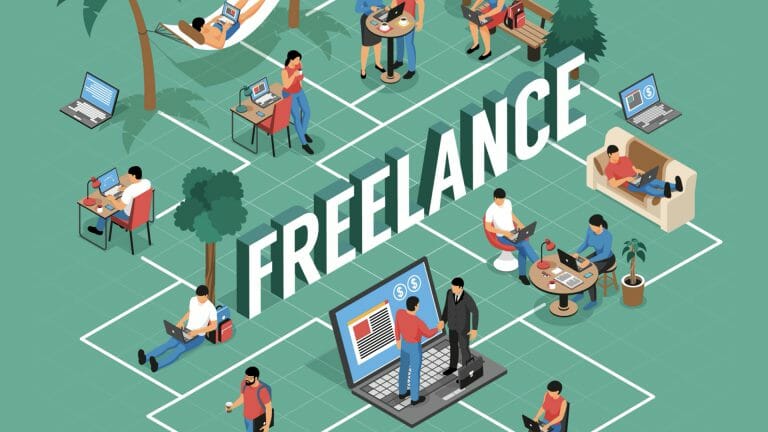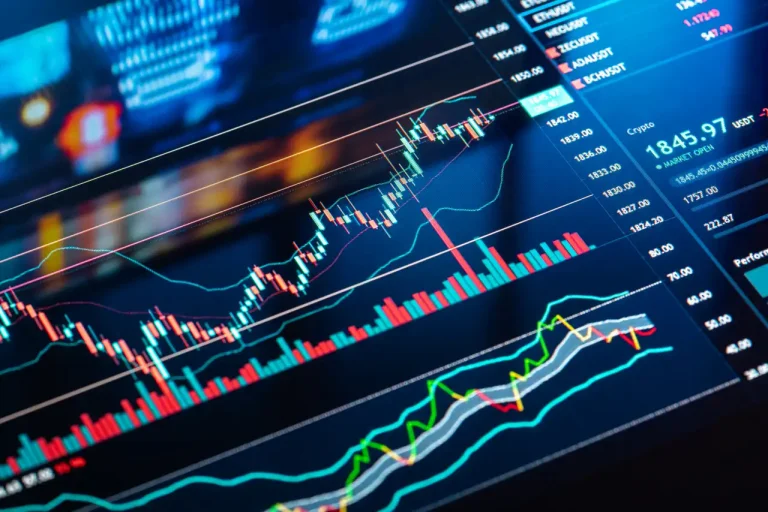COMPULSIVE AND IMPULSIVE BUYING
April 21, 2022 2023-09-18 21:23
COMPULSIVE AND IMPULSIVE BUYING
I once saw a program about compulsive buying disorder (CBD). When I first saw the environment in which one of the people lived at the beginning of the program, I wondered what could make anyone want to buy and keep buying things they will probably never use to the point where they have an entire section of their house full of stuff with barely any space to set a foot. Later on, I discovered that it is a mental illness, and these people require assistance.
“Compulsive buying disorder (CBD), or oniomania (from Greek ?νιος ?nios “for sale” and μαν?α manía “insanity”, is characterized by an obsession with shopping and buying behavior that causes adverse consequences”– Wikipedia
The scenario above scared me because I thought I might have bought something on impulse, and many people do. You go to the store to buy a mop stick, but then you see a wine you think you need and have been looking for a while, and then you see a book your child asked you to buy the week before, and before you know it, you have two carts full of items you never intended to buy. Is this where it all begins and then degenerates into CBD?
What is the difference between compulsive buying and Impulsive buying?
IMPULSIVE BUYING
The Cambridge Dictionary defines impulsive buying as “the act of purchasing something that you did not intend to buy because you suddenly want it when you see it“:
“Impulsive buying is the tendency of a customer to buy goods and services without planning in advance. When a customer takes such buying decisions at the spur of the moment, it is usually triggered by emotions and feelings.” – The Economic Times
You may be an impulsive buyer if you are spending more than you intend, if you are moved by the sight of things on display and feel compelled to buy them, if you feel happy each time you make an unplanned purchase but later have regrets.
“Cut the habit of buying on impulse, especially with high ticket items. Think twice before making any major purchase. If possible, sleep on it overnight before deciding to make the purchase.”- Erick Walk
To add to Eric Walk’s advice on how to overcome impulsive buying, I recommend that you make a list of what you want to buy and bring just enough cash with you to cover the purchase or a little extra in case the price changes, then stick to your list, first buying all the items on your list before looking for others if you still have some change from your purchase. This is the advice I gave myself, and it has helped me well ever since.
COMPULSIVE BUYING
Compulsive buying is more of an addiction than a spending problem; it extends beyond simply wanting to buy what is on display. Like any other addiction, it is usually beyond the control of the person in question and may necessitate the assistance of a third party to overcome because it has a negative impact on the addict.
If you have an uncontrollable desire to shop and some of the reasons you shop are because you are bored or unhappy, you buy things you don’t need, you prefer to shop alone so you are not advised, you tend to hide some of the things you have bought so you are not criticized, you feel guilty about shopping but still cannot stop, you feel stressed out when you don’t shop, you eventually have financial problems and you know it is as a result of your unnecessary spending.
In this case, the first step toward resolving the problem is admitting that you have a serious addiction problem and that you require help. Then begin by making the smallest efforts possible while seeking professional help, discussing this with a friend, joining a self-help group, making a list before shopping and ensuring you go shopping with a friend, avoiding the use of debit cards or having your bank set a limit on your card, looking for alternative ways of dealing with your mood, and avoiding shopping sites.
While impulsive and compulsive buying is beneficial to shop owners, as they must display their items in such a way that it draws the attention of the buyers in order to make more sales, it is actually detrimental to buyers who suffer from such behavioral and mental issues.
Impulsive buying is not an addiction, but if not controlled, it can lead to compulsive buying; after all, the drug addict was once clean until he tried a small amount of drug, loved it, and became addicted over time!
The old saying “prevention is better than cure” certainly applies here. It is preferable and easier to treat impulsive buying than compulsive buying.
For the wise, a single word is enough!
Sources
https://www.everydayhealth.com/depression/how-i-stopped-compulsive-shopping.aspx
Impulsive vs. Compulsive Shopping: What Are the Differences? (verywellmind.com)
Compulsive Vs Impulsive Shopping: How To Tackle Both (clevergirlfinance.com)
 |
Author : Amiakhor Ejaeta |
Related Posts
COMPULSIVE AND IMPULSIVE BUYING
April 21, 2022 2023-09-18 21:23Popular Tags



